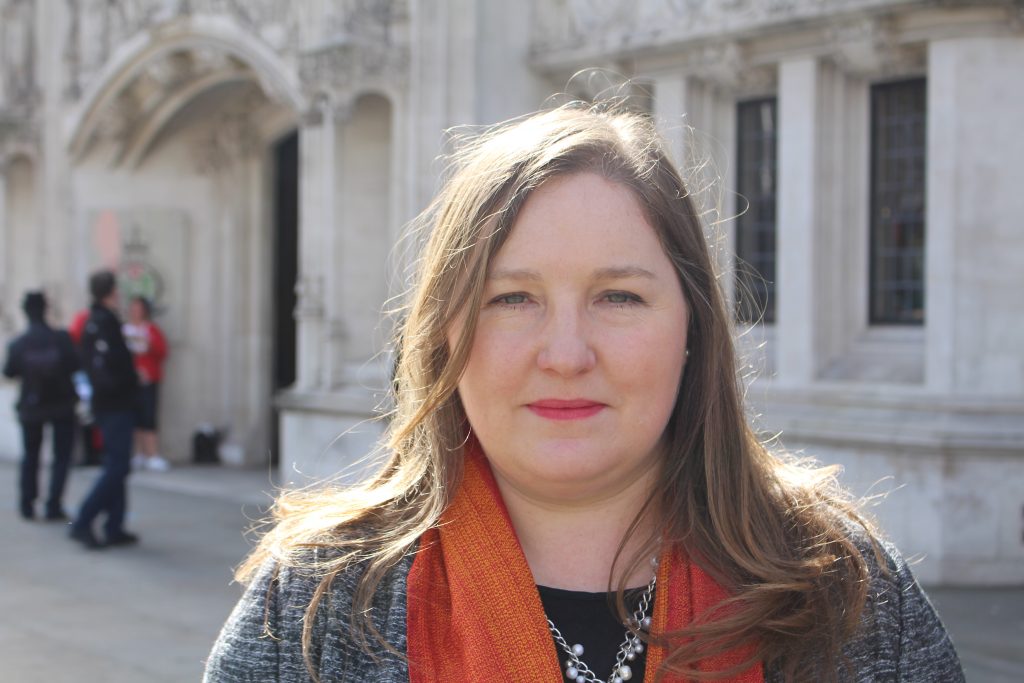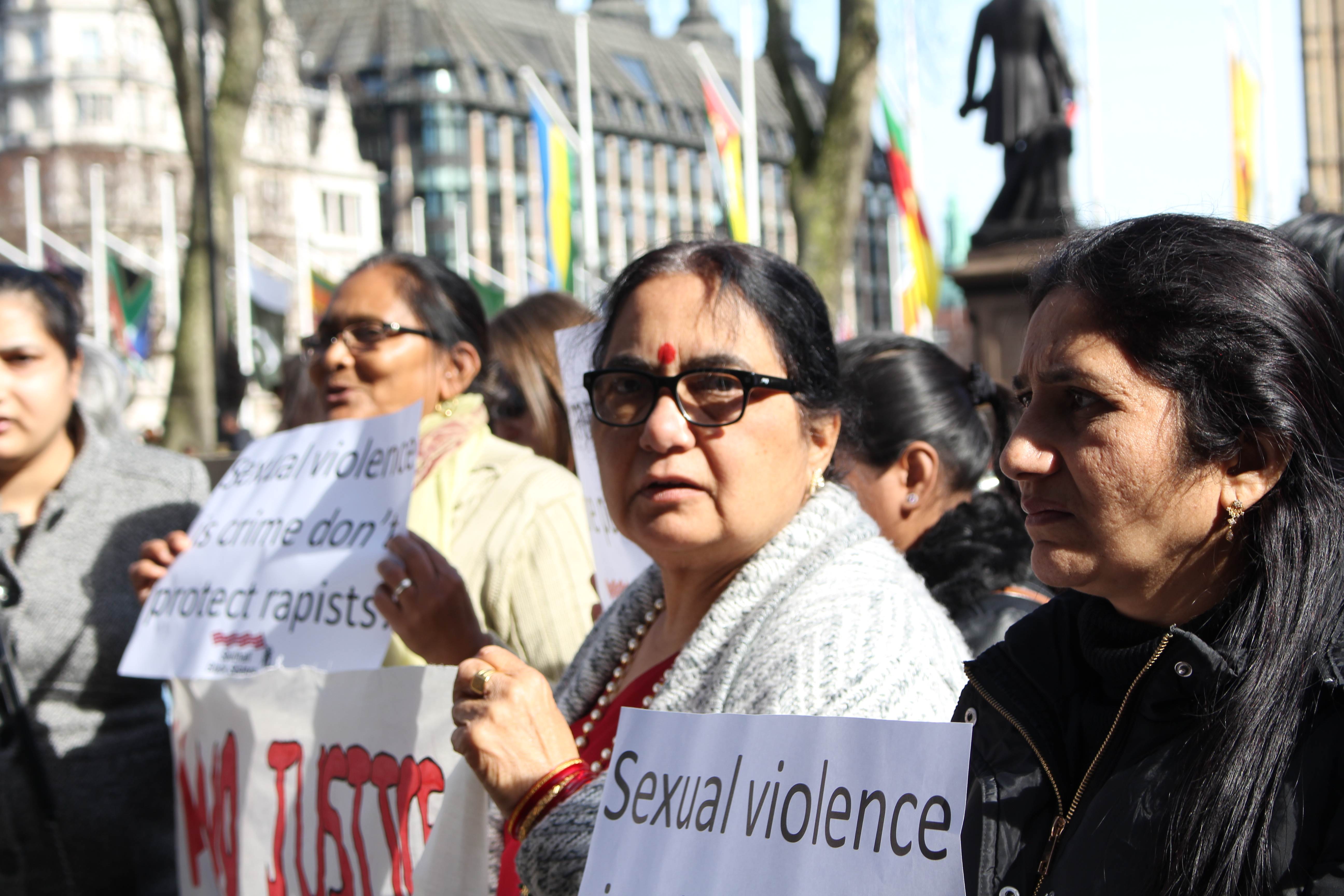The Metropolitan Police have lost an appeal against the victims of a man who is thought to have raped or sexually assaulted more than 100 women.
Two women, known only as DSD and NBV, later took the police force to court and won compensation, claiming the Met had breached human rights laws by failing to believe their claims and not properly investigating. However, the police later appealed saying that they shouldn’t be held accountable in these kinds of cases.
Speaking after the Supreme Court ruling today, DSD said it was it was an “emotional” day after fifteen years. “The police need to stop wasting public money and start doing [their] job properly,” she added. “Had [they] done [their] job properly there would have been one victim, not 100. I can take one, I can’t take 100.”
‘I Can Take One – I Can’t Take 100’
Over the course of several years, John Worboys is now believed to have raped or sexually assaulted more than 100 women.
The black cab driver would pretend he was celebrating winning a cash prize, using it as an excuse to offer female customers sedative-laced champagne.
He would then go on to attack them, with the date rape drug obscuring most of their memories.
Despite some women going to the police as early as 2003, Worboys continued to attack passengers he picked up until 2008.
Amongst other failings, the women argued that guidelines on how to handle cases involving date rape drugs were ignored, a breach of Article 3 of the Human Rights Convention, which states that no person should suffer inhuman or degrading treatment.
Lots of women reported these assaults to the police, but they failed to join up the investigation and didn’t take the women seriously.
Rachel Krys, End Violence Against Women
While the High Court agreed with the women – the police had failed in their duty to investigate properly – the Met lodged an appeal. They argued that they shouldn’t be held accountable by human rights law in these kinds of cases, even though they stressed the women’s accounts were accurate.
However, the Supreme Court today unanimously dismissed the appeal. In a statement, Craig Mackey, Deputy Commissioner at Scotland Yard, said that while the force has always “accepted the serious mistakes” and knew they “should have done more”, this would now have implications for their resources and priorities.
“We will now have to consider how we balance our resources effectively to investigate certain crimes,” he continued. “For example, we may need to consider moving extra resources into an Article 3 investigation from other areas, such as fraud.”
A Ruling Which Affects Us All

Rachel Krys of End Violence Against Women. Image Credit: Jem Collins / RightsInfo
Speaking to RightsInfo after what she called a “landmark moment” co-director of End Violence Against Women Rachel Krys said this was a ruling that affects us all.
“It’s really important because what the police and home office tried to argue was that it’s enough to have some policies in place and on paper and that they don’t have to follow those policies and do what we expect them to do.
When it goes so catastrophically wrong that women are raped, they’re saying you can’t hold the state to account.
Rachel Krys, End Violence Against Women
“When it goes so catastrophically wrong that women are actually raped, which is enough to trigger Article 3, they’re saying you can’t hold the state to account. What they’re saying in individual citizens shouldn’t be able to defend their own human rights.”
She added: “In other areas of the public sector you can challenge it, but there has been this long-standing principle that you can’t sue the police. This is about what they do when something is so egregious, we’re now living with the consequences of that. When the police get it wrong and the whole system get it wrong, it has massive ramifications.”







